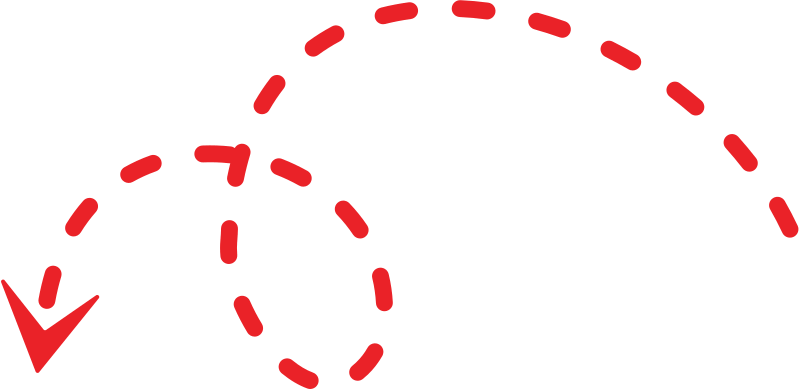
We often frame transformation as a strategy or technology challenge – shift to agile, implement AI, invest in cloud platforms.
But that’s only part of the picture.
The real challenge?
Most organisations are still operating with systems and behaviours built for stability, not change.
They optimise for certainty.
They avoid conflict over clarity.
They reward predictability – even when it stalls progress.
But in today’s environment, with rising complexity and continuous disruption, this mindset is becoming a liability.
Companies across industries are launching transformation programmes. But too often, the change fails to land – not because the strategy was wrong, but because the psychology wasn’t addressed.
Here’s where many go wrong:
They underestimate the emotional cost of change.
Even when the logic is sound, change creates fear, friction, and fatigue.
They rely on top-down directives.
But real change happens when people on the ground understand the “why” and shape the “how”.
They expect transformation without discomfort.
But growth, personal or organisational, is always uncomfortable.
They prioritise structure over behaviour.
But unless mindsets shift, systems revert to old patterns.
In our conversation, Taural Rhoden, Principal at Rhoden Consulting and I break down the shifts needed to lead lasting transformation:
Even experienced transformation leaders run into friction when they:
“Resistance is information. It tells you where fear or confusion lives; and that’s where you need to lead.” – Taural Rhoden
If you’re driving transformation, in strategy, technology, or culture, here’s what to focus on:
Transformation isn’t a linear rollout plan. It’s a collective shift in how people think, act, and make decisions, especially when things feel uncertain.
And that shift doesn’t happen without discomfort.
The organisations that thrive in the years ahead won’t be the ones with the flashiest tools or biggest budgets.
They’ll be the ones that create cultures where change is not just possible, but welcomed with open arms.
Because in the transformation era, the greatest asset isn’t your tech stack.
It’s your people’s capacity to adapt.
Listen to this episode of Transformation 2.0® with Chamara and Taural Rhoden to explore how modern leaders can reframe discomfort and unlock deeper, faster, more sustainable transformation.
🎧 Listen to this episode of Transformation 2.0 to learn why Real Transformation Starts With People
